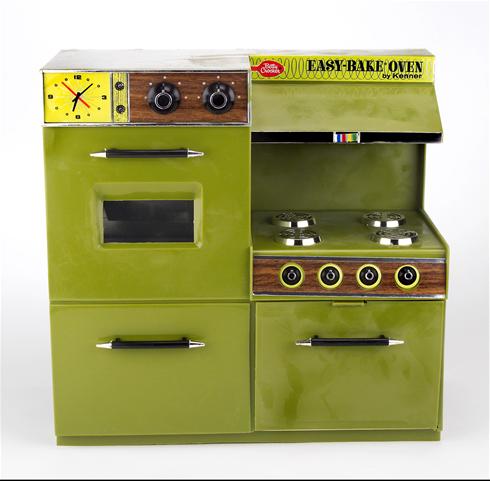HEY WHITE FOLK . . . and yeah, I’m one of you – of us, I should say.
Now that I have your attention . . .
Please read
this article by an American woman physician about her ill treatment based only on the color of her skin. Please. Read. It. Please.
And when you’re tempted to argue, to disagree, to distinguish, please, please, take your fingers away from the keyboard and consider, if you will, for just a moment . . .
When you walk down a city street, have you ever noticed that the young men of color will often not look you in the eye? Have you ever thought that maybe it’s not about them, but about you? Have you ever considered how it must hurt them to see fear, suspicion, contempt or loathing in your eyes? Have you?
When you sit and listen to that joke, that remark – yeah, that one – and don’t pretend you don’t know what I mean – we both know better, don’t we? – does it occur to you that in the mere listening, you and your own attitudes are being changed? That your ‘tolerance’ for the intolerable is being built up? That you are gradually, oh so gradually, becoming one with the one telling the joke, making the remark? That there is a cost to us all when you are silent?
When you demand that brown people apologize for acts of terrorism around the world in order to make it clear to you that they do not agree, has it occurred to you that no one expects you to apologize for Timothy McVeigh? For David Koresh? For Jim Jones? For Adolph Hitler? For Joseph Stalin? For the white person down the street who just broke into the house of your neighbor of color? Did it ever even occur to you to go that neighbor and apologize for your kind? Of course not. Why, then, should it occur to ‘them’ to apologize to you – for something they did not do and with which they do not agree?
And to all the white women who passed by so easily, did it not occur to you not to pass by? To stand with a sister in trouble? To show your solidarity in rejection of this ill-treatment?
Because, you see, it isn’t just the one act that hurts so much. That’s bad enough. But when the privileged keep walking by as if it were our right, we reinforce the ugly. We say it’s perfectly fine with us. And it shouldn’t be. But as Dr. Jilani points out from her own life experiences, unfortunately, it is. It is fine with ‘us’.
If that does not sicken you, then I fear for us all. A woman’s spirit was being annihilated. And no one stopped to help. Who taught ‘us’ that it is permissible to be so numbed, so indifferent, so afraid, perhaps, to the suffering of another happening right before our eyes that we could just walk on by as if it weren’t happening? Shame on them. Shame on us.
So some practical advice to the white folk:
1.
Cut out the racism and the bigotry, the jokes. Check your fears at the door and don’t make your fears someone else’s problem. If you’re a Christian, remember that Jesus doesn’t like it. Really.
2.
Take up for other people when they’re being treated badly. As a human being, it is your job.
3.
Do not listen to the jokes and cracks. I don’t care who's doing the telling. Do not listen to them. Say you will not listen to them. If they do not stop, leave the room.
4.
Stop complaining about how hard it is to be white. It isn’t. It’s hard to be human.
5.
The Golden Rule has all kinds of applications. Consider this: the next time you’re afraid of someone because they’re different than you, ask yourself why they might be afraid of you. Put yourself in their shoes and act accordingly. It is, after all, the Rule.
6.
The idea that if one person of a group acts in a certain way means that they all do is just foolish. Think not? Well, if we’re to follow that line of thinking, every woman on the planet must hate, fear and suspect all men, because virtually every woman on the planet has been endangered at some point in her life by a man – not all men, but a man. Does that mean no man can be trusted? Of course not. Does that mean you men must apologize to we women for your kind? No.
7.
It is not the job of the one suffering to explain themselves to you. Don’t ask them to. It hurts too much.
8.
Stop thinking, acting, believing, as if we’re better than everyone else. We’re not. Nor are ‘they’ worse than we. Life is not a contest and the ‘who’s better’ game is a destructive waste of time. Consider that those you fear and hate the most are probably more like you than you can imagine – wanting simply to live in peace, provide for their families, have enough to survive.
9.
Mom wasn’t wrong. If you don’t have anything nice to say, don’t say anything at all.
RantEnd
